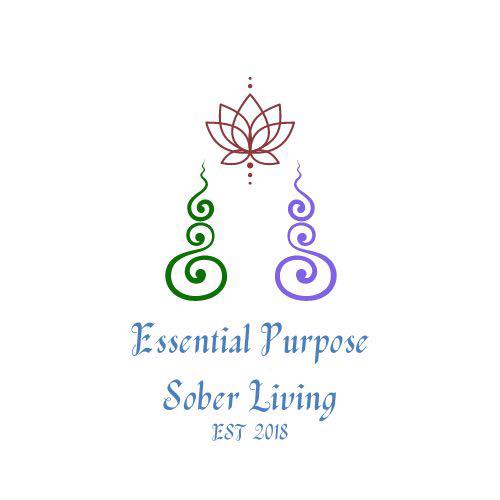Women’s Houses
Sober living homes for women are a great way to get the support and structure you need to stay sober. When you live in a sober home, you’ll be surrounded by other women who are also recovering from addiction. This can be incredibly helpful, as you’ll have people who understand what you’re going through and who can offer support and encouragement.
Sober living homes also offer a structured environment. This means that you’ll have to follow certain rules and guidelines, such as going to 12-step meetings and attending curfews. This can be helpful for some people, as it can help them to stay on track with their recovery.
If you’re thinking about living in a sober home, there are a few things you should keep in mind. First, it’s important to find a home that is a good fit for you. Not all sober homes are created equal, so it’s important to do your research and find one that offers the support and structure you need.
Second, it’s important to be prepared to make a commitment to your recovery. Living in a sober home is not a cure for addiction, but it can be a helpful part of the recovery process. If you’re willing to put in the work, sober living can help you to stay sober and build a new life for yourself.
Sober living homes provide a supportive environment where women can share their experiences and help each other stay sober.
Sober living homes offer a structured environment with rules and guidelines that residents must follow. This can help women to stay on track with their recovery.
Sober living homes provide a level of accountability for women in recovery. Residents are expected to attend 12-step meetings and follow the rules of the home. This can help women to stay sober and make progress in their recovery.
Sober living homes can provide women with the opportunity to learn new skills, develop new relationships, and build a new life for themselves.
Our Story
Living in a sober house can be a rewarding experience for men recovering from addiction. Sober houses provide a safe and supportive environment where residents can focus on their recovery. They also offer opportunities to learn new skills, develop discipline, and build a sense of community.
Some of the rewards of living in a sober house include:
- A sense of accomplishment: Residents of sober houses often feel a sense of accomplishment when they successfully complete the program. This can boost self-esteem and confidence, which can be helpful in recovery.
- New friendships: Sober houses can provide residents with the opportunity to make new friends. These friendships can be supportive and helpful in recovery.
- A sense of purpose: Sober houses can provide residents with a sense of purpose. This can be helpful in recovery, as it can give residents something to strive for.
- A sense of hope: Sober houses can provide residents with a sense of hope. This can be helpful in recovery, as it can give residents something to look forward to.
What We Do
Sober houses typically participate in community functions in a variety of ways. Some common examples include:
- Volunteering: Sober houses often volunteer their time to help local charities and organizations. This can include tasks such as cleaning up parks, serving food at homeless shelters, or tutoring children.
- Donating to local charities: Sober houses often donate money to local charities. This can be done through a variety of methods, such as holding fundraisers or simply making a donation from the house’s budget.
- Advocating for recovery: Sober houses often advocate for recovery in the community. This can include things like speaking at public events, writing letters to the editor, or organizing protests.
By participating in community functions, sober houses can help to better the community and each other. This can be done by providing much-needed help to local charities and organizations, by raising awareness about addiction and recovery, and by creating a sense of community and belonging for men recovering from addiction.
Your content goes here. Edit or remove this text inline or in the module Content settings. You can also style every aspect of this content in the module Design settings and even apply custom CSS to this text in the module Advanced settings.jfdkslfjsklfjgklsjg’dgjdf;g’s dgl;dfsgkdfl;kdfl;gdjfsl;gdjgdflgjdf;lsgjdfl;sgjdfls;gjdfkl;gdfjskgj”fjskalf;dsajklds;jdskalfjdklsa;fjdkslafjsdakljfksal;fdjsakfldjsakflds;jfdksal;fjdsakl;fjdsaklfjdsklafjksdal;j
Your content goes here. Edit or remove this text inline or in the module Content settings. You can also style every aspect of this content in the module Design settings and even apply custom CSS to this text in the module Advanced settings.jfdkslfjsklfjgklsjg’dgjdf;g’s dgl;dfsgkdfl;kdfl;gdjfsl;gdjgdflgjdf;lsgjdfl;sgjdfls;gjdfkl;gdfjskgj”fjskalf;dsajklds;jdskalfjdklsa;fjdkslafjsdakljfksal;fdjsakfldjsakflds;jfdksal;fjdsakl;fjdsaklfjdsklafjksdal;j
